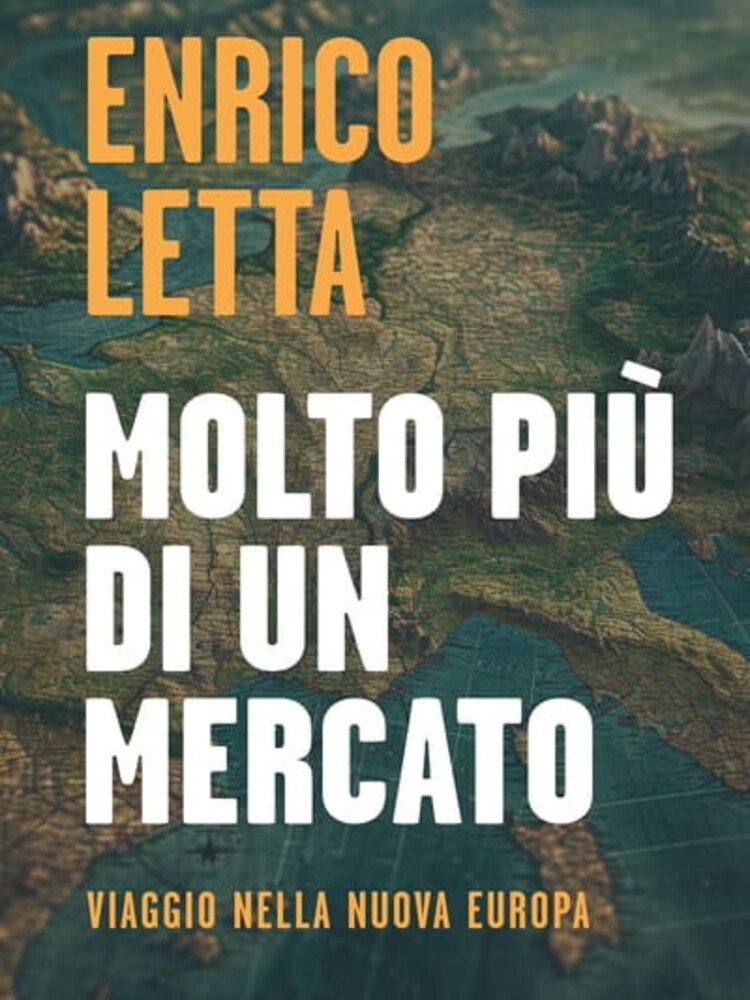From autumn 2023 to spring 2024, the former Prime Minister of our Republic Enrico Letta has visited 65 cities in 27 different European countries, presenting at about 400 meetings, to fulfill the task of preparing a relationship on the future of the single market for the Council and the EU Commission.
From this uncommon experience a story entitled ‘much more than a market’ was born, published by the Mulino and enriched by photographs, a summary of the homonymous relationship and a afterword dedicated to the former president of the European Commission, and youth mentor of the author, Jacques Delors.
Rare example in Italy (and not only) of the lover of good manners in politics, Enrico Letta does not betray himself as a writer, however leaving widely to transpire transport and passion between the lines of the usual grace with which he tells nine months of peregrinations and above all meetings.
Following what defines the common thread of curiosity, he has in fact collected ideas and suggestions for his delicate Europeanist task by dialoguing with representatives of governments and parliaments, social partners, businesses, unions, banks, insurance companies, cooperatives, associations of professionals, consumers and third sector. By participating in prestigious Think Tanks and discussing with some of the best minds of the old continent, but also with many students and common citizens.
Although it undertakes to develop them in an agile and popular tone – sometimes as an author on the road – not all the topics that read would obviously seem to the easy scope of the common reader, but the real reason why his book deserves to be faced is to be found, above all, in what ends up giving as a whole: a snapshot of today’s Europe. And of all the issues with which it is, united or divided, to deal.
Starting from market issues, we come to discuss the basic principles of the rule of law, independence of justice, transformations of the global geopolitical scenario, enlargement of the union, costs and objectives of the green transaction, community defense, SMEs in the complexity of the regulatory and tax framework of the different nations, competitive relaunch of the industrial vocation of our continent, energy policies, telecommunications, mobility of workers brains, free
Transmission of knowledge, data, knowledge and skills, application difference between directives and regulations, weakening of the financial system, splitting of bags, Brexit, railway connections between large capital, participatory democracy and social dialogue.
There would be to get lost, among many different inputs enclosed in less than 200 pages, but the key to reading this text must be sought, rather than in the title, in the subtitle: ‘Journey to the New Europe’. It is the idea of a path in place, as necessary and complex and complex, the one that makes the best the current state of our continent. Letta has the merit of expressing it, thus involving the reader, also beyond the detailed suggestions of action contained in his report, in the common task of responding to
A question that everyone concerns us as the ultimate recipients of decisions and choices, today unavoidable, who will shape tomorrow: where are we going?
